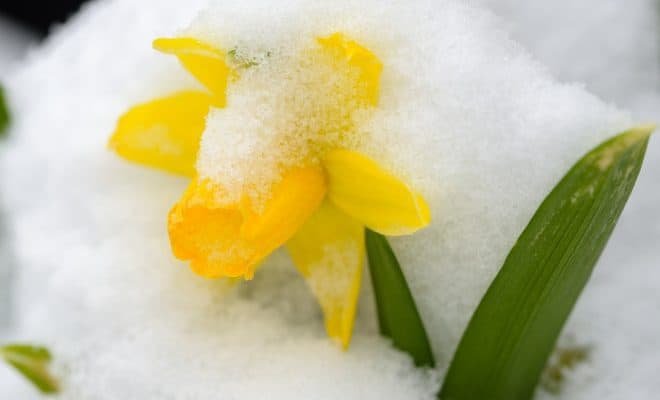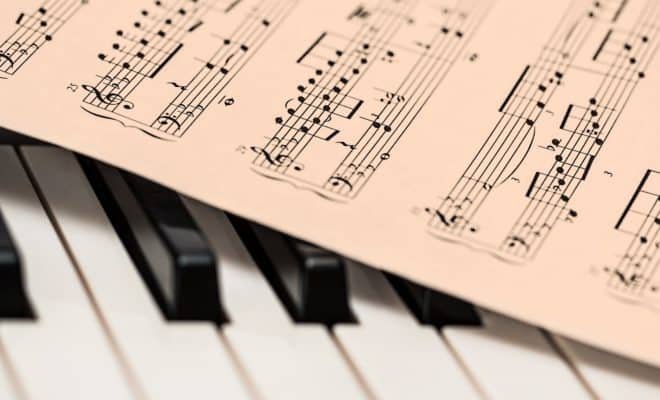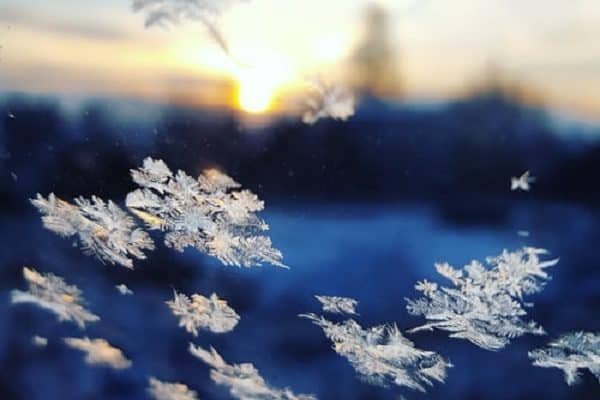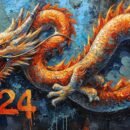Persian Wheels and Sugarcane Fields

During World War II, Daddy serves both in the British Navy and the Armed Forces. With hostilities ending he completes his wartime duties. As his area of expertise is pulmonary conditions, he is now the epidemiologist at New Delhi’s TB Center, and a firm believer in preventive medicine. His mentor, Dr. P. V. Benjamin (India’s pioneer in tuberculosis control and eradication), Dad, and others, deem it essential to take public health services to the sick. The infection is prevalent. Its affliction is a stigma and ostracization with certain death. They establish sanitariums, and all beds are full, but few survive. A cure is at last available, but treatment is costly and lengthy. Employment is not possible because of its infectious nature. Scientists develop a vaccine which is undergoing trials. My brother, Sudhir, and I are among the earliest kids in India to receive the latest BCG vaccination.
Our father is deep into research to grasp the multiple dimensions of the ailment and its management. The World Health Organization supports his efforts. He spends a year in England and Europe to study how these countries regulate and manage communicable diseases.
Dr. Benjamin, our dad, and additional individuals, propose and advocate various approaches to handle the disease. Trials include hospitalizations with subsidies for families to survive while the breadwinner undergoes treatment. Mobile X-ray units take services to all corners of India, including distant, unreachable nooks of rural areas. In the early fifties and even the sixties, these portable devices are uncommon. The concept is not widely acceptable. On numerous occasions, I hear Daddy’s colleagues and associates discuss several proposals. Unwavering, he emphasizes the necessity of bringing aid to the needy, rather than making the sick travel long distances. Widening access to these facilities to the remote citizenry of the country brings benefits. Health workers, nurses, and doctors get first-hand knowledge of living conditions. They learn the problems of each community and impart relevant education on sanitation and improving wellness.
Dad is away from home for work. Sudhir and I accompany him on a rare day trip during our summer or winter vacation. Longer tours may include a stayover with Mummy also coming along. We cherish these few trips to rural India, glimpsing village life.
My brother and I ride in the two mobile units in the company of a few health workers. These vehicles hold the X-ray machines and the generator, and we fondly refer to them as “white elephants.” We accompany the staff into village homes and enjoy befriending and mingling with the children. Observing them perform their daily tasks at home or in the fields, we gain insight into their way of life. Poverty is abundant. Our clean clothes, shoes and socks are an embarrassment to Sudhir and me. We interact and play with the raggedy barefoot kids.
The Persian wheel holds a special fascination for both of us. We make a new friend. The young lad walks behind the oxen guiding them to circle around at a steady pace. He invites us to join him. The animal’s harness attaches to a circular contraption with cogs which turns as the beast moves. The “wheel” itself is huge. I am unsure where the name Persian comes from. Buckets attached to its rim half submerge in the well as it moves along a vertical ellipse. As this mechanism rotates via oxen power, the pails scoop water from the bottom. Tilt and pour it into troughs at the top. Life-giving streams distribute via small canals, crisscrossing farmland. Empty buckets vanish into the depths, swinging as they sink out of sight. An ancient and ingenious contraption to irrigate the land. Our buddy spreads his arms and points in the distance to the boundaries of his family’s property. We tire of following the ox, and take a precarious ride on the thick padded yoke.
Sudhir digs in his pocket and shares some paper-wrapped candy. Our companion watches as we unwrap the sweet, pop it into our mouths, amidst great sucking noises. Our buddy mimics our actions. We observe as he puts the hard tidbit into his mouth. All of us grin as his eyes widen at the sweet moment. Laughter with much backslapping ensues. Lunch is picnic style under a blue sky, or a makeshift awning. We enjoy the occasional attention given to us as the doctor’s children. Otherwise, we are left to our own devices, wandering around and befriending the kids.
One such winter day trip, returning home, Daddy spots a small crowd close to the roadside. He recognizes the operation for what it is. We stop for a lesson in “gur” making (raw sugar). Enormous wok-like vats half sunk in the ground with burning logs beneath maintain boiling liquid. Sugarcane fields are ripening rapidly and are ready for harvesting. Their juice boils until it thickens and almost solidifies. As it cools, fast-moving hands form and mold it into solid rounds of “gur.”
We are familiar with the stacks of heavy disks at the grocers. Both of us, now understand the process of transforming sugarcane into these forms.
Wide swatches of sugarcane stretch to the horizon. A few men carry heavy sheaves of sugarcane from the fields to the roadside setup. Some bundles require two strong, sweaty backs to trek them. Others rinse these in water drums and drop them by machinery.
Young men hand-cranking hefty rollers, push the moist canes between them. Cane juice runs into large pans, and siphons off into the vats. Workers fold and pass stacks of flat canes through the rollers a few times to extract every drop before discarding the dry and flaky remnants. Sudhir and I, warm and cozy in our jackets, want to drink the juice they offer. A glance and an imperceptible tilt of the head from Daddy, a silent admonishment, compel us to refuse this simple, sincere hospitality!
One worker is talking. Juices simmer in large woks, thickening overnight. By morning, the syrup is dense. When cool, it becomes an elastic, pliable mass, ready for shaping into fat cakes of “gur.” When set, they are done. The roadside operation hauls away the huge, sweet rounds to markets.
Daddy asks if they feel safe and secure with everything being in the open. As farmers, they’ll stay awake all night guarding. The sugarcane crops are their wealth, the fruit of their labors. The paraphernalia for juice extraction and “gur” making equipment are aids to feed their families. They alternate sleeping, wrapping themselves in blankets and warmed by bubbling vats. This procedure continues through the dark hours until daylight.
Their evening meal is special for this time of year. They cook coarse ground wheat or millet with the hot syrup. Sudhir and I receive two small bowlfuls, and we savor and enjoy the sweet, warm porridge.
Sudhir has a question for dad on the way back.
“Why did you stop us from drinking the fresh cane juice?”
In turn, our father asks us.
“Did you see the sugarcanes brought from the fields?” We nod.
“Did these appear clean?” We shake our heads.
Sudhir interjects. “But they were washing them.”
Dad gives him a quizzical look. “You call that little dip in the drum, cleaning?”
Sudhir shrugs and smiles. Father continues.
“The cane came from the fields, with dirt and soil clinging to them. These are rinsed in unclean water which is not changed frequently. It is unsafe to drink that juice raw.”
Daddy offers another intriguing view of independence. Don’t discard anything – every bit has value. A mixture of the dry, crumbling cane husk and fresh moist cow dung, is made into patties, to be slapped and stuck on outside walls. After the sun dries them, these serve as fuel in homes. The resulting ashes are put to good use for scouring unclean vessels and rinsing them clean. Daddy repeats, “They waste nothing.” We nod our heads in comprehension of this tiny glimpse into primitive self-sustained living.
It is dark and late when we reach home. Too weary to share our adventures with Mummy, we fall into a slumber to dream. The mesmerizing, rhythmic turns of the Persian wheel enthrall us. We sip raw sugarcane juice, smiling and stealing surreptitious looks. Happily, we slap moist dung patties onto muddy brick walls. We get downright dirty but are not afraid of Mummy’s scolding. We wake up fresh and find ourselves in clean PJs.
Though Sudhir is no more, yet occasional dreams transport me to treasured memories of bygone days.
Editor: Claudia Cramer








